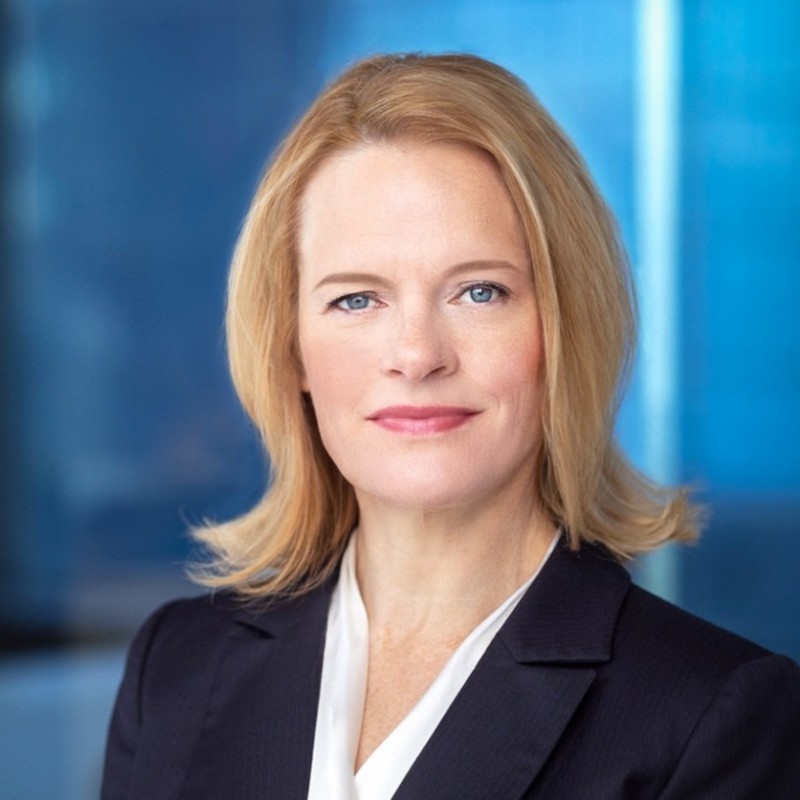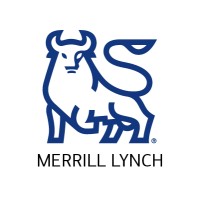Our senior writer Louis Chunovic delves into the SEC’s allegations that the firm charged undisclosed FX fees. The firm paid $9.5 milli
Our senior writer Louis Chunovic delves into the SEC’s allegations that the firm charged undisclosed FX fees. The firm paid $9.5 million to settle the case.
 When crypto companies allegedly scam their clients, it’s often a disaster for the kids and old folks who are convinced to “invest.”
When crypto companies allegedly scam their clients, it’s often a disaster for the kids and old folks who are convinced to “invest.”
But we expect better, much better, from Merrill Lynch, Pierce, Fenner & Smith, a pillar of the financial services world.
That’s one reason it’s troubling to learn that the U. S. Securities and Exchange Commission is alleging that Merrill Lynch, Pierce, Fenner & Smith charged advisory clients “more than $4 million in undisclosed foreign exchange fees for transfers to or from their accounts.”
Merrill Lynch is settling with the SEC by paying “disgorgement, prejudgment interest, and a civil penalty totaling more than $9.5 million.” The firm also will distribute the funds to “harmed clients,” the SEC says.
FTF News contacted senior Merrill media representatives for comment. “Our brief comment for attribution to the bank: As the order notes, we have updated our disclosures,” a media representative replied, pointing out that the “timing on this was 2016-2020.”
Between May 2016 and July 2020, the SEC alleges, Merrill Lynch “offered programs to advisory clients in which the clients paid Merrill a fee in exchange for a range of investment advisory services, including foreign currency exchanges,” according to the SEC’s order.
“In the program’s client agreements and brochures, Merrill Lynch disclosed that it charged a markup or markdown on foreign currency exchanges, but it did not disclose an additional fee it referred to as a production credit, which, in more than 80 percent of the transactions, was equal to or greater than the disclosed markup or markdown,” according to the SEC.
“Merrill Lynch paid a percentage of these production credits to its financial advisors and referred to this charge as a commission in internal documents. The SEC’s order also finds that Merrill Lynch failed to adopt and implement policies and procedures reasonably designed to prevent its disclosures from being misleading about the fees it charged on foreign currency exchanges,” according to the SEC.

Antonia M. Apps
“Investment advisers must ensure that they do not selectively disclose some fees but not others relating to a particular service,” Antonia M. Apps, director of the SEC’s New York regional office, says in a prepared statement. “While Merrill Lynch disclosed the markups or markdowns charged on foreign currency exchanges, thousands of clients were left in the dark as to an often larger fee charged on these transactions and were charged millions of dollars in undisclosed fees.”
Merrill Lynch consented to the entry of the SEC’s order finding that it violated Sections 206(2) and 206(4) of the Investment Advisers Act of 1940 and related rules. Without admitting or denying the SEC’s findings, Merrill Lynch agreed to a cease-and-desist order, a censure, and to pay disgorgement of approximately $4.1 million, prejudgment interest thereon of $760,000, and a civil penalty of $4.8 million. Merrill Lynch agreed to distribute funds to harmed advisory clients.
A Fair Fund, the SEC wants you to know, is a “Qualified Settlement Fund (QSF) under Section 468B(g) of the Internal Revenue Code.”
Merrill Lynch will be “responsible for all tax compliance responsibilities … associated with the ‘Fair Fund’s’ status as a QSF. These responsibilities involve reporting and paying requirements of the Fund, including but not limited to: (1) tax returns for the Fair Fund; (2) information return reporting regarding the payments to investors, as required by applicable codes and regulations; and (3) obligations resulting from compliance with the Foreign Account Tax Compliance Act (FATCA),” according to the SEC.
“Respondent may retain any professional services necessary. The costs and expenses of tax compliance, including any such professional services, shall be borne by Respondent and shall not be paid out of the Fair Fund. … Within 30 days after Respondent completes the disbursement of all amounts payable to affected investors, Respondent shall return all undisbursed funds to the Commission pursuant to the instruction set forth in this Subsection C,” according to the SEC.
“Respondent shall then submit to the Commission staff a final accounting and certification of the disposition of the Fair Fund for Commission approval,” the SEC adds.
 The “final accounting and certification shall include, but not be limited to: (1) the amount paid to each payee, with reasonable interest amount, if any, reported separately; (2) the date of each payment; (3) the check number or other identifier of the money transferred; (4) the amount of any returned payment and the date received; (5) a description of the efforts to locate any prospective payee whose payment was returned or to whom payment was not made for any reason; (6) the total amount, if any, to be forwarded to the Commission; and (7) an affirmation that Respondent has made payments from the Fair Fund to affected clients and former clients in accordance with the Calculation approved by the Commission staff,” according to the SEC.
The “final accounting and certification shall include, but not be limited to: (1) the amount paid to each payee, with reasonable interest amount, if any, reported separately; (2) the date of each payment; (3) the check number or other identifier of the money transferred; (4) the amount of any returned payment and the date received; (5) a description of the efforts to locate any prospective payee whose payment was returned or to whom payment was not made for any reason; (6) the total amount, if any, to be forwarded to the Commission; and (7) an affirmation that Respondent has made payments from the Fair Fund to affected clients and former clients in accordance with the Calculation approved by the Commission staff,” according to the SEC.
The SEC’s investigation was conducted by Brian Kudon, Elizabeth Baier, and Sandeep Satwalekar of the New York regional office, and the probe was supervised by Thomas P. Smith Jr.
www.ftfnews.com
